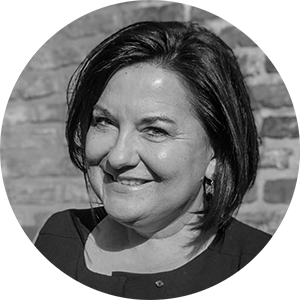How to optimise strategic decision-making in your organisation
Over time, we have all become masters in making assumptions as a result of our education, our interaction with others and our personal experiences. Assumptions are not necessarily bad. They simply act as “filters” through which information passes, and hence influence our behaviour.
Assumptions have a double function: on the one hand they help us take decisions swiftly (“I have seen that before”, and “I know what to do with this”), and on the other hand, they make us become passive thinkers (“when X says so, that’ll be the case”).
Not only people make assumptions. Organisations do so too. Think of expressions like “we are different because…”, “that is due the our corporate culture”, “that’s the way we do things over here”, all things you often and without questioning take for granted, without exactly knowing why. In that way, assumptions live their own life and even become “holy cows”.
Regular questioning of your activities (how and why you do what you do) is of prime importance in any type of business, but it is usually postponed until it really becomes urgent… When? When a crisis arises. That is what we call the “knowing doing” gap.
Don’t wait until a crisis hits your business, but be prepared with the insights and many examples this seminar offers. After attending the seminar you will more clearly see the pitfalls in doing business and decision making that otherwise would go unnoticed. You will learn why and how you have to question things on a regular basis to better manage the “knowing-doing” gap, and thus be better prepared to prevent or face a hidden crisis.
Who should attend?
This workshop is mainly intended for CEOs, managers and team leaders who do not want their strategic decision making process to be compromised. It is meant for everyone who wants to make maximum use of “critical out of the box thinking” in their organisations in order to develop and support strong and inspiring strategic minds.
More info
If you would like to receive more information on the content, the different formats (in-company training sessions, brainstorms, hands-on workshops, individual coaching, or lectures), language options or anything else you have questions about, don’t hesitate to contact us directly.
